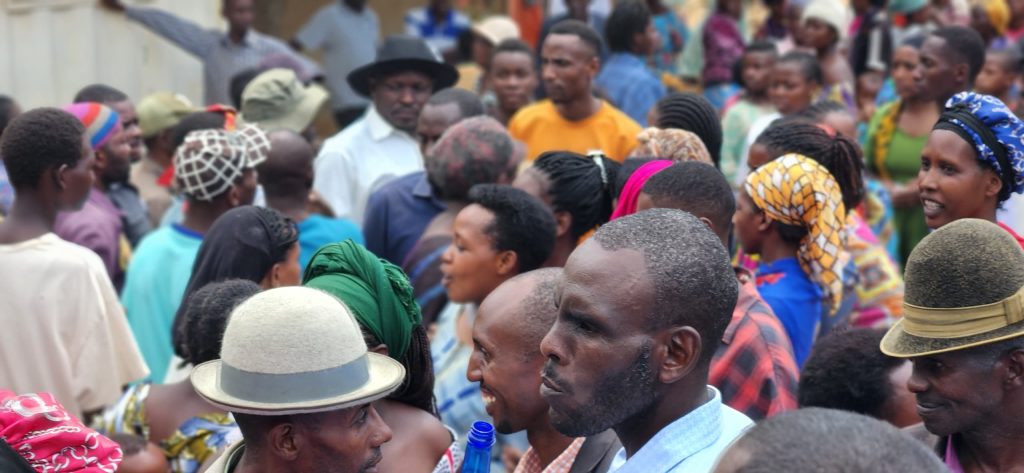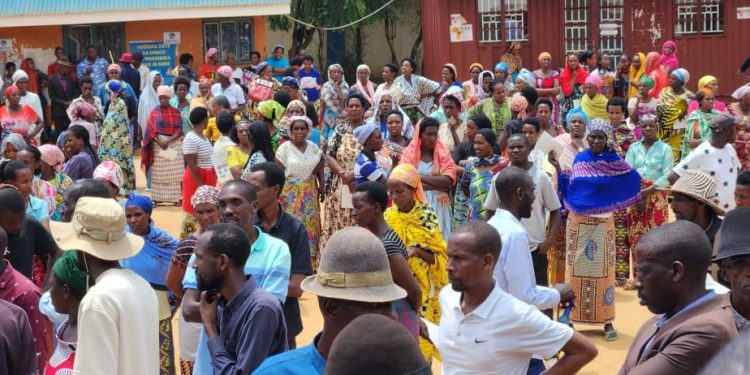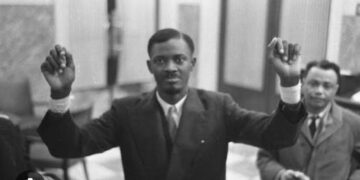Refugees Protest Election Results in Nakivale Settlement’s Nyarugugu C Zone
NAKIVALE, UGANDA — Tensions rose in Nakivale Refugee Settlement on Tuesday, 18 November 2025, after refugees held demonstrations rejecting the results of local leadership elections in Nyarugugu C Zone.
Nakivale, located in southern Uganda, hosts thousands of refugees from the Democratic Republic of Congo, Somalia, Ethiopia, Burundi, South Sudan and other countries. Elections were held across various zones to choose new zone chairpersons, including Nyarugugu A, B, C, Kashojwa A, B, C, New Congo A, B, C, Sudan, and Sangano.
In Nyarugugu C, the contest was between Jules, a Burundian refugee, and Kigero Muhire Joseph from the Democratic Republic of Congo. According to the election officer representing UNHCR, Kamandati Ganzo, Jules was declared the winner.
However, supporters of Kigero disputed the results, claiming their candidate received 1,989 votes compared to Jules’ 1,003. They accused election officials of accepting bribes and manipulating the outcome.
Shortly after the announcement, hundreds of Kigero’s supporters marched from Gosheni field—where voting took place—towards the UNHCR Base Camp offices. Video footage from the scene showed long lines of protesters coming from the Ethiopia area of the settlement. By the time the crowd arrived, the UNHCR offices had already been closed.
“It is shocking. I received 1,989 votes, and Jules got only 1,003,” Kigero said. “It is clear bribery was used to defeat me. We reject this and will appeal to the appropriate authorities.”
Many Congolese refugees supporting Kigero echoed his claims, insisting he is the rightful leader. Some warned that continued controversy could lead to divisions within Zone C.
Protests were also reported in the Sudan Zone, where refugees similarly rejected the declared results.
Despite the tensions, some zones experienced peaceful and orderly elections. In Nyarugugu B, the incumbent leader, Mwungura, was re-elected after defeating his challenger, Tuzubukira.
Nakivale Settlement has a long history of election-related disputes, with frequent allegations of bribery, vote manipulation and disregarding refugees’ concerns. The latest unrest highlights ongoing governance challenges within the refugee community.









